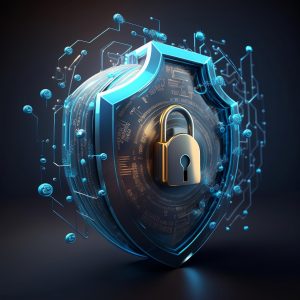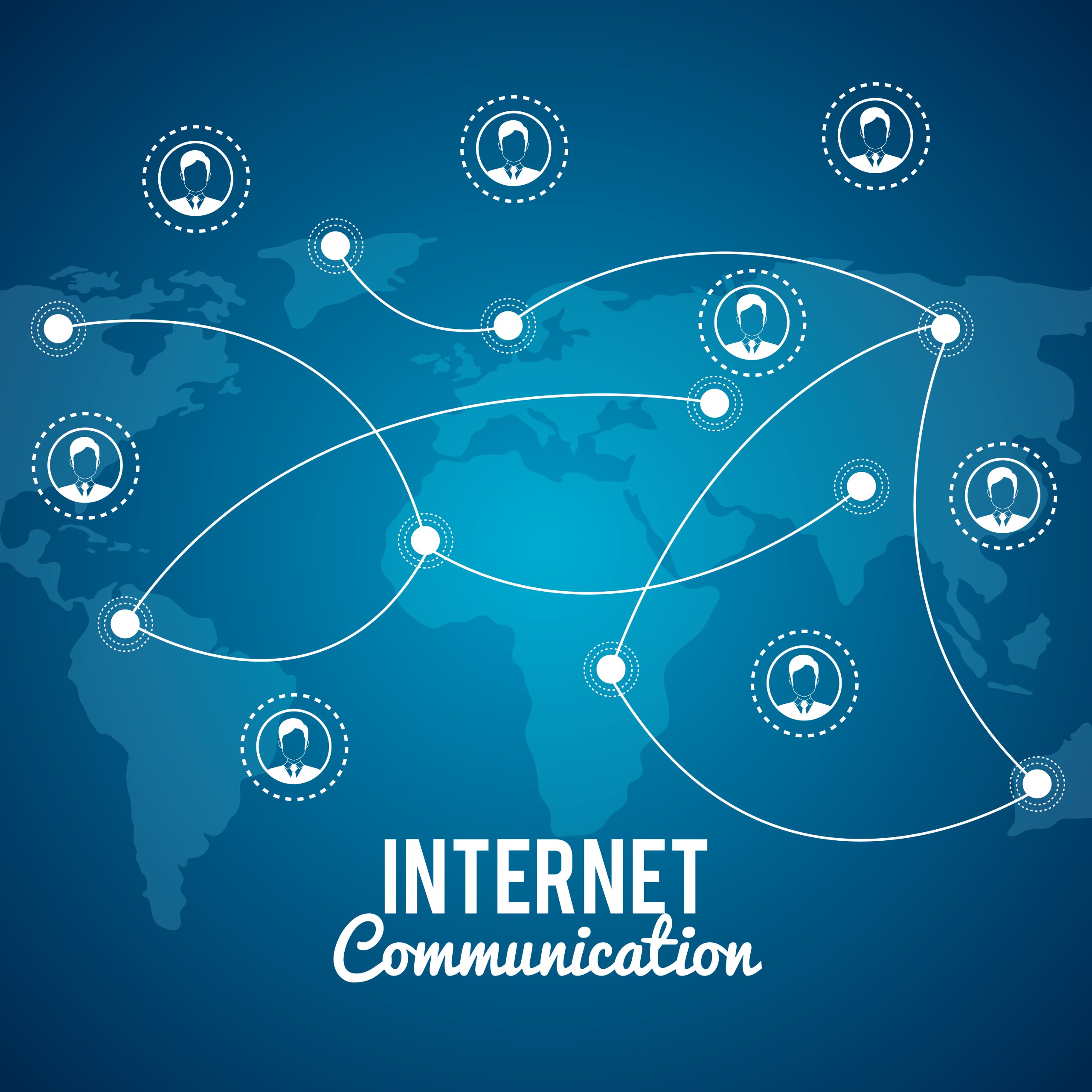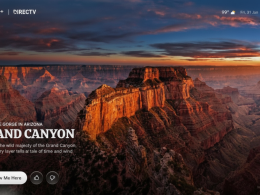Navigating the Internet Safely: Tips to Protect Your Online Presence and Data
Introduction
I have been using the internet for a long time, and I have witnessed its amazing growth and transformation. I have also seen how the internet has changed the way we communicate, learn, work, and play. But I have also noticed how the internet has become a more dangerous place, with hackers, scammers, and cyber criminals lurking in the shadows. That is why I decided to write this article, to share with you some tips and tricks on how to protect yourself and your data online.
The Internet: A Brief History
The internet was originally created by the U.S. government during the Cold War. In 1958, President Eisenhower founded the Advanced Research Projects Agency (ARPA) to give a boost to the country’s military technology. Scientists and engineers developed a network of linked computers called ARPANET. ARPANET’s original aim was to link two computers in different places, enabling them to share data.in 1969 this dream became reality and by 1980 more than 30,000 computers were connected.
The internet as we know it today was born in 1989, when Tim Berners-Lee, a British computer scientist, invented the World Wide Web (WWW). The WWW is a system of interlinked documents that can be accessed through a web browser. Berners-Lee created the first web server. The WWW made the internet more accessible and user-friendly, and soon millions of people around the world were surfing the web.
The internet has changed much in the two decades since it came into existence. It was conceived in the era of time-sharing, but has survived into the era of personal computers, client-server and peer-to-peer computing, and the network computer. It has also expanded from a network of a few thousand computers to a network of billions of devices.
The Internet: A Brave New World
The internet has brought many benefits and opportunities to the world. It has enabled us to communicate with anyone, anywhere, anytime, through email, instant messaging, social media, video calls, and online forums. It has also allowed us to access a vast amount of information and knowledge, through search engines, online encyclopedias, e-books, podcasts, and online courses. It has also provided us with entertainment and fun, through online games, streaming services, music platforms, and online communities. It has also facilitated business and commerce, through online shopping, banking, advertising, and e-commerce. It has also empowered us to express ourselves to share our ideas, opinions, and creativity, through blogs, vlogs, podcasts, and online platforms.
The internet has also enabled us to connect with people who share our interests, hobbies, passions, and values, through online groups, clubs, networks, and movements. It has also helped us to learn from each other, to collaborate with each other, and to support each other, through online platforms, tools, and services. It has also inspired us for innovation, creation, and to making a difference, through online platforms.
The Internet: A Dangerous Place
However, the internet is not all sunshine and rainbows. It also has its dark side, and it poses many risks and threats to our privacy and security. The internet is a vast and complex system, and it is not always easy to know who we are dealing with, what we are doing, and what consequences our actions may have. The internet is also a fertile ground for hackers, scammers, and cyber criminals, who exploit the vulnerabilities and weaknesses of the system and the users. They use various techniques and tools to steal, manipulate, and destroy data, identity, and money.
Some of the most common and dangerous online threats are:
- Cyberattacks: These are malicious attempts to damage, disrupt, or gain unauthorized access to a computer system or network. They can take many forms, such as viruses, worms, trojans, ransomware, denial-of-service attacks, phishing, and spyware. It can cause har, to our devices, privacy and money
- Data breaches: These are incidents where sensitive, confidential, or personal information is exposed, stolen, or used by unauthorized parties. They can affect individuals, organizations, or governments, and they can result in identity theft, fraud, blackmail, or extortion. They can also damage reputation, trust, and credibility.
- Online abuse and harassment: These are acts of aggression, intimidation, or violence that occur online. They can target individuals or groups, and they can involve insults, threats, bullying, stalking, trolling, doxing, or revenge porn. It can cause emotional distress, psychological harm, & physical harm to the victims.
How to Protect Yourself and Your Data Online
Fortunately, there are many ways to protect yourself and your data online. Here are some practical and actionable tips that you can follow:
- Share less information with apps and services: Many apps and services require us to provide personal information, such as our name, email, phone number, location, or preferences. However, not all of them need this information, and not all of them protect it properly. Therefore, we should be careful about what we share online, and only give the minimum amount of information needed. It is also important to check and control the settings and permissions of the apps and services we use, and to remove or reduce the access to our data when we can.
- Use strong and unique passwords with 2FA: Passwords are the keys to our online accounts, and they should be strong and unique. A strong password is one that is long, complex, and random, and that uses a combination of letters, numbers, and symbols. A unique password is one that is different for each account, and that is not reused or recycled. We should also use a password manager to store and generate our passwords, and we should change them regularly. We can also make our accounts more secure by using two-factor authentication (2FA), which asks for a code or a device to confirm who we are.
- Tighten privacy settings on your social media accounts: Social media platforms are great for staying in touch with our friends and family, but they can also expose our personal information to strangers, advertisers, or hackers. Therefore, we should tighten our privacy settings on our social media accounts, and control who can see our posts, our profile, and our activity. We should also watch what we share online, and not reveal information that is personal or private, such as our home address, our date of birth, our travel plans, or our financial details.
- Delete unused accounts, apps, and browser extensions: Over time, we may accumulate many accounts, apps, and browser extensions that we no longer use or need. However, these may still have access to our data, or may pose security risks if they are outdated or compromised. Therefore, we should delete or deactivate our unused accounts, apps, and browser extensions, and remove any data or information associated with them. This will help us reduce our digital presence.
- Stop search engines from tracking you: Search engines are useful tools for finding information online, but they can also track our online activity, our preferences, and our behavior. They can use this information to create a profile of us, and to show us targeted ads or content. However, we may not want to share this information, or we may want to have more control over it.Therefore, we should prevent search engines from following us, by using modes that do not save our browsing data, deleting our browsing history and cookies, or using different search engines that do not track our privacy.
- Use a VPN to hide your browsing history: A VPN, or a virtual private network, is a service that creates a secure and encrypted connection between our device and a server. This way, we can hide our browsing history, our IP address, and our location from our internet service provider, our network administrator, or anyone else who may be snooping on our online activity. A VPN can also allow us to access content that is blocked or restricted in some regions, or to find better prices on online purchases or travel
- Install antivirus software and keep it updated: Antivirus software is a program that protects our devices from malware, such as viruses, worms, trojans, ransomware, spyware, and adware. It can scan, detect, and remove any malicious software that may infect our devices, or prevent it from entering in the first place. It can also warn us of any suspicious or harmful websites, links, or downloads. We should install antivirus software on our devices, and keep it updated with the latest definitions and patches. We should run regular antivirus scans.

Conclusion
The internet is a wonderful and powerful tool that has changed our lives in many ways. It has enabled us to communicate, learn, work, play, and create like never before. However, it has also brought new challenges and dangers that we need to be aware of and prepared for. The internet is not what it used to be, and we need to protect ourselves and our data from hackers, scammers, and cybercriminals who may try to harm us or exploit us. By following the tips and tricks that I have shared with you in this article, you can safeguard your data and online presence, and enjoy the internet without fear or worry.








